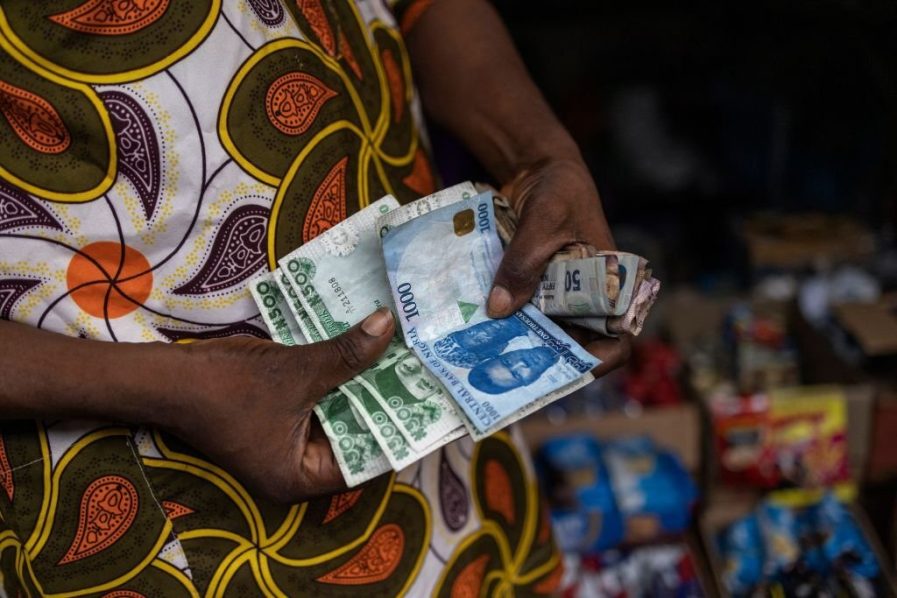
As the scarcity of cash continues to bite harder, experts have warned that the national economy will suffer the long-term negative effects if nothing is done to address the situation urgently.
Following the redesign of the national currency and the withdrawal of the old currency notes, there has been scarcity of cash running into two months. The scarcity has forced many small businesses, which depend on cash transactions, to shut down while citizens are faced with difficulty accessing cash for their daily expenses.
Director of the Centre for the Promotion of Private Enterprise (CPPE), Dr. Muda Yusuf, in an interview with The Guardian yesterday, said the cash crunch is slowing down economic activities and taking a heavy toll on small businesses.
He said: “One had expected that the situation would improve after the presidential election, but that has not happened. It has continued to slow down economic activities and it is taking a very heavy toll on the small businesses, on those in the rural areas and. It is also taking a huge toll on the agricultural sector.”
He said these are very huge and strategic constituents of the economy, because of their contributions to job creation, economic inclusion and their contributions to economic diversification.
“So, it is a major issue and we thought that the Central Bank of Nigeria (CBN) wouldrelax these things now that the presidential election has come and gone, perhaps, the CBN is still waiting for the governorship election, because the main agenda from what I can see is that it is just ensure that money is not used for the election,” he said.
Yusuf said whether that is the way to go is a different matter, but that the cost to the economy and the welfare of the people is enormous and it will drag down the gross domestic product (GDP), leading to the contraction of the economy as job losses. He said the damage is far higher than whatever benefit people might want to ascribe to it, noting that the CBN cannot arbitrarily cut the amount of cash in the economy.
In his words, it has to be based on clear economic principles and empirical study. You have to relate the amount of cash to the size of your economy as well as the total money supply. Those two variables are very important. That is the way to manage an economy.”
On his part, the Lead Director of Centre for Social Justice (CSJ), Mr. Eze Onyekpere, also said the informal sector of the economy has been the worst hit by the cash scarcity. He said, “We were hoping that after the presidential election they will relax the cash squeeze, but that has not happened.
You know that the informal sector is a very huge contributor to our national GDP and they are very badly affected by the cash crunch, people that on a normal day do not have access to cash, you can imagine what they are going through now, you know most of the businesses in the informal sector are cash based.”He said patronage has dropped very significantly because people do not have cash to buy things.
“This cash crunch has slowed down production and consumption of goods and services in the country,” he said, adding that cash crunch is negative for the economy.
“I believe that by the time the GDP figures for this period are computed, the figures will be down. Government seriously needs to pump money into the system, you can’t keep holding the entire economy down because you want to get at some few individuals,” Onyekpere said.






